With Phillip II of Macedon’s (359–336 BC) son, Alexander the Great (356–323 BC), the Greeks established an empire vast enough to influence Palestine (see Ferguson 10, 13). When Thebes revolted after his father’s death, Alexander successfully re-unified the Greek city-states, albeit by conquest ( Plutarch, Alex. 11.3–6; Ferguson 12), and Alexander was made head of the campaign against Persia in his father’s stead ( Arrian, Anab. 1.1; cf. 1 Macc 1:1). In prosecuting this campaign, Alexander moved through Asia Minor ( Plutarch, Alex. 24.1), Phoenicia ( Plutarch, Alex. 24.1–25.2), Palestine ( Plutarch, Alex. 25.3–5), Egypt ( Plutarch, Alex. 26), Mesopotamia ( Plutarch, Alex. 31), Iran ( Plutarch, Alex. 37), and even as far as India ( Plutarch, Alex. 55; cf. 1 Macc 1:3–4) before dying in Babylon from a fever ( Plutarch, Alex. 75; cf. 1 Macc 1:5; see Ferguson 12). Yet, throughout these conquests, Alexander typically replaced neither the ruling class nor the religions in these conquered areas ( Ferguson 12). Rather, instead of primarily intending and explicitly acting to spread Hellenism, Alexander concentrated on appointing governors, placing garrisons, and founding cities ( Ferguson 12), things that eventually did indeed create and spread Hellenism.
After Alexander’s death, his major generals divided his empire among themselves (cf. 1 Macc 1:8–9). Ptolemy inherited Egypt and soon obtained Palestine also, winning it over from Antipater, also known as Antigonus, who had held Palestine for the first twenty years after Alexander’s death ( Ferguson 403; Turner 118–23). Seleucus received Mesopotamia and briefly held Syria ( Bosworth 210–45; Ferguson 404), and Antipater and Cassander ruled Macedonia and Greece ( Ferguson 16; Walbank 221–56). Nevertheless, although the empire had become politically divided, its language and culture essentially remained Greek ( Wright 157).
In this post:[caption id=“attachment_2748” align=“alignleft” width=“80” caption=“Arrian”] 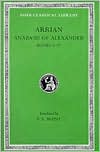 [/caption] [caption id=“attachment_2772” align=“alignleft” width=“80” caption=“A. B. Bosworth”]
[/caption] [caption id=“attachment_2772” align=“alignleft” width=“80” caption=“A. B. Bosworth”] 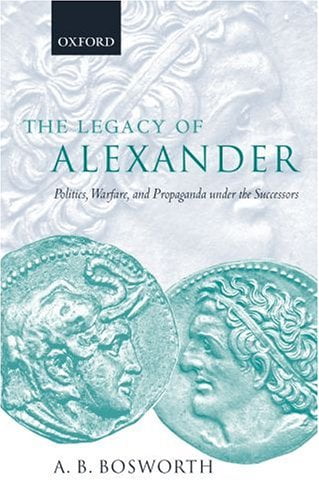 [/caption] [caption id=“attachment_2771” align=“alignleft” width=“80” caption=“Frank Walbank”]
[/caption] [caption id=“attachment_2771” align=“alignleft” width=“80” caption=“Frank Walbank”] 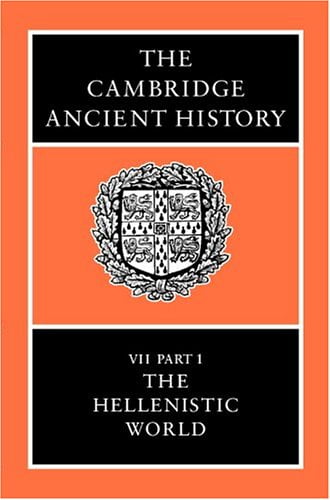 [/caption] [caption id=“attachment_2015” align=“alignleft” width=“80” caption=“Everett Ferguson”]
[/caption] [caption id=“attachment_2015” align=“alignleft” width=“80” caption=“Everett Ferguson”] 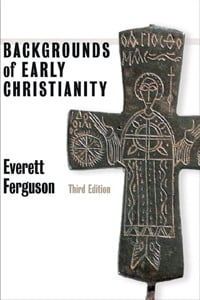 [/caption][caption id=“attachment_2683” align=“alignleft” width=“80” caption=“Plutarch”]
[/caption][caption id=“attachment_2683” align=“alignleft” width=“80” caption=“Plutarch”] 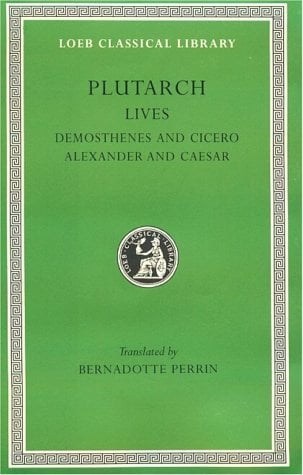 [/caption] [caption id=“attachment_1772” align=“alignleft” width=“80” caption=“N. T. Wright”]
[/caption] [caption id=“attachment_1772” align=“alignleft” width=“80” caption=“N. T. Wright”] 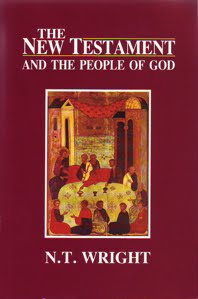 [/caption]
[/caption]